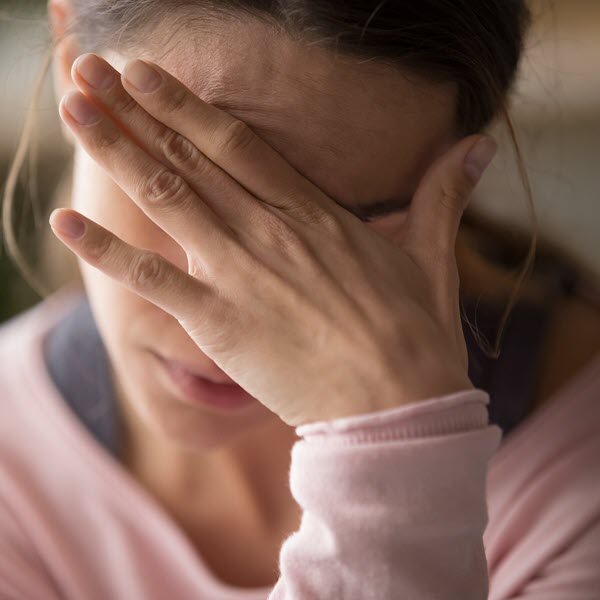How CBD Can Complement Traditional Anxiety Treatments
Anxiety disorders are a common mental health concern affecting millions of individuals worldwide. Traditional treatments for anxiety often involve a combination of therapeutic interventions, such as cognitive-behavioral therapy, medications, and lifestyle modifications. However, an emerging alternative therapy, known as cannabidiol (CBD), has gained substantial attention for its potential in complementing these traditional anxiety treatments.
The Impact of CBD on Anxiety
Cannabidiol, commonly referred to as CBD, is a naturally occurring compound derived from the cannabis plant. Unlike tetrahydrocannabinol (THC), another well-known compound found in cannabis, CBD is non-psychoactive and does not produce the characteristic "high" associated with marijuana use.
Research suggests that CBD may have several therapeutic effects, including anxiolytic properties. Studies have shown that CBD interacts with the endocannabinoid system in the body, which plays a crucial role in regulating mood, stress, and anxiety. By modulating the activity of certain receptors in the brain, CBD may help reduce anxiety symptoms and promote a sense of calmness and relaxation.
Complementing Traditional Treatments
CBD can be seen as a complementary therapy alongside traditional anxiety treatments. It is important to note that CBD should not be considered as a standalone treatment but rather as part of a comprehensive approach to managing anxiety. Consultation with a healthcare professional is essential before incorporating CBD into an existing treatment plan.
When used in conjunction with traditional treatments, CBD may offer additional benefits and support. For individuals experiencing mild to moderate anxiety, CBD may provide a natural alternative to pharmaceutical medications. It can help alleviate symptoms and enhance the overall effectiveness of therapy.
Furthermore, CBD may have fewer adverse effects compared to certain medications commonly prescribed for anxiety. Many pharmaceutical medications used to manage anxiety, such as benzodiazepines, can cause drowsiness, cognitive impairment, and dependency. CBD, on the other hand, generally has a more favorable side effect profile.
Tradeoffs and Challenges
It is important to consider the tradeoffs and challenges associated with incorporating CBD into traditional anxiety treatments. While CBD shows promise, its efficacy for different individuals can vary. Some individuals may experience significant relief from anxiety symptoms, while others may not respond as favorably.
Moreover, the dosage and quality of CBD products can significantly impact its effectiveness. Finding the right dosage and a reputable source of CBD products may require some trial and error. Additionally, CBD may interact with certain medications, so it is crucial to discuss its use with a healthcare professional to avoid any potential drug interactions.
Another challenge lies in the lack of regulation in the CBD industry. Due to the limited oversight, the market is saturated with products of varying quality and accuracy in labeling. It is essential to research and choose products from trusted manufacturers to ensure safety and efficacy.
The Importance of Informed Decision Making
When considering how CBD can complement traditional anxiety treatments, it is vital to make informed decisions based on individual needs and preferences. Consulting with a healthcare professional is crucial to discuss potential benefits, risks, and interactions.
Individuals should also be aware that CBD is not a cure for anxiety disorders. It is a tool that can aid in symptom management and enhance the overall treatment approach. Traditional therapies, such as cognitive-behavioral therapy, support networks, and self-care practices, remain essential components of anxiety treatment.
Conclusion
CBD has shown promise as a complementary therapy for anxiety disorders. Its anxiolytic properties and favorable side effect profile make it an attractive alternative to traditional pharmaceutical medications for some individuals. However, the effectiveness and suitability of CBD can vary among individuals, and it should always be used in consultation with a healthcare professional.
When considering how CBD can complement traditional anxiety treatments, it is crucial to weigh the tradeoffs and challenges associated with its use. Finding the right dosage, quality products, and navigating the unregulated CBD market can present challenges. However, with informed decision making and professional guidance, CBD may provide an additional tool in managing anxiety and promoting overall well-being.
